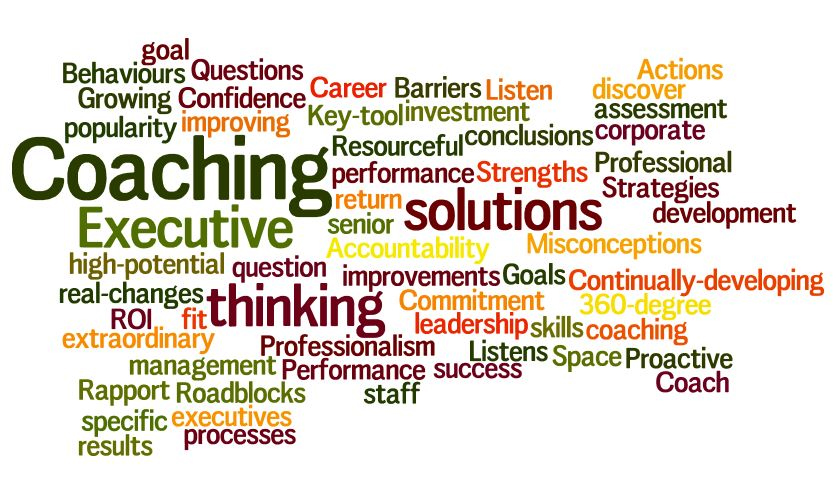Executive Coaching
Executive Coaching involves a close and confidential relationship between the coach and the person being coached. The goal is to inspire and support clients to reach their potential — and keep reaching further! Your executive coach provides a safe, structured, and trustworthy environment to offer support when meeting one-on-one with senior managers or leaders within an organization including the director, vice president, president, or member of the C-suite. The coach also helps leaders understand their current competencies, understand how they are perceived by others, and focus on identifying and clarifying current goals as well as the appropriate action steps to reach those goals.
Executive and leadership coaching is not the same as counseling. Counseling is problem-specific, emotions-based, and grounded in therapeutic practices. A therapist will spend time looking at your past to help explain your current behaviors. Executive Coaching and therapy involve similar introspection and self-awareness, but coaching focuses on looking toward the future, setting goals, and growing beyond your current position.
 Different coaching approaches can focus on aspects of an individual, team, or business. For example, a coach may help a person establish leadership skills. Or, a coach can work with individuals to strengthen public speaking skills. Some professional coaches are skilled at practicing across a range of specialties.
Different coaching approaches can focus on aspects of an individual, team, or business. For example, a coach may help a person establish leadership skills. Or, a coach can work with individuals to strengthen public speaking skills. Some professional coaches are skilled at practicing across a range of specialties.
